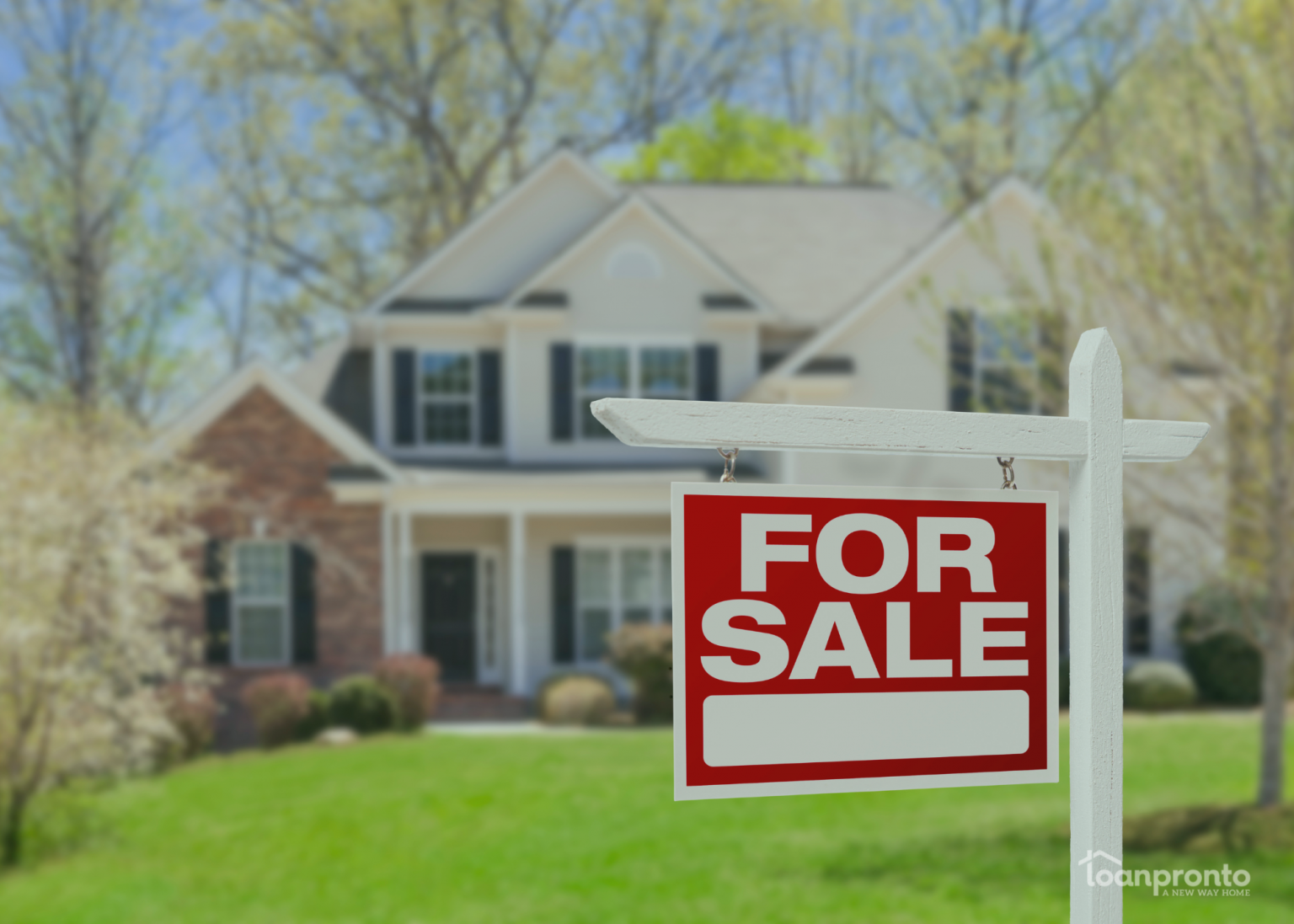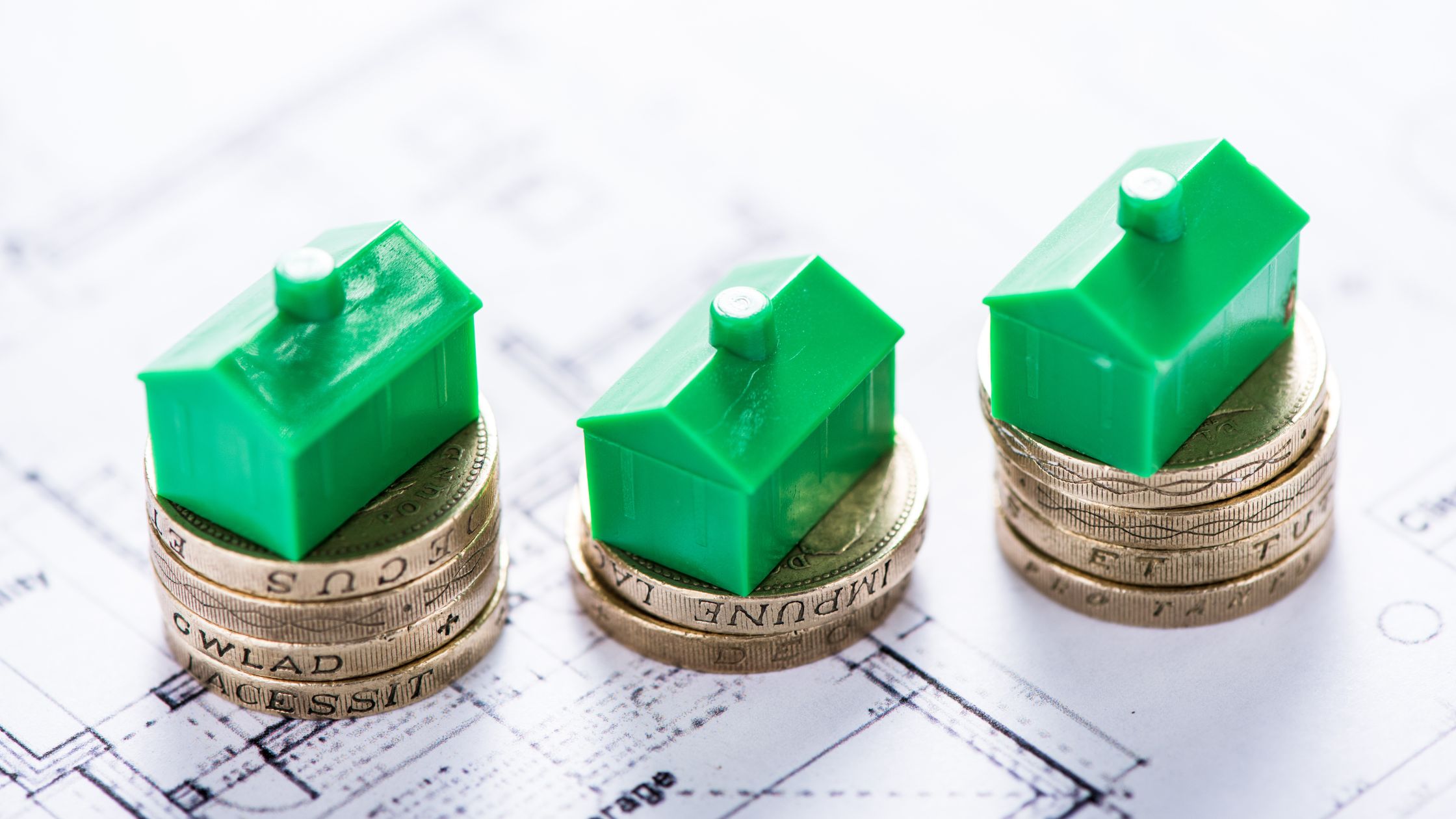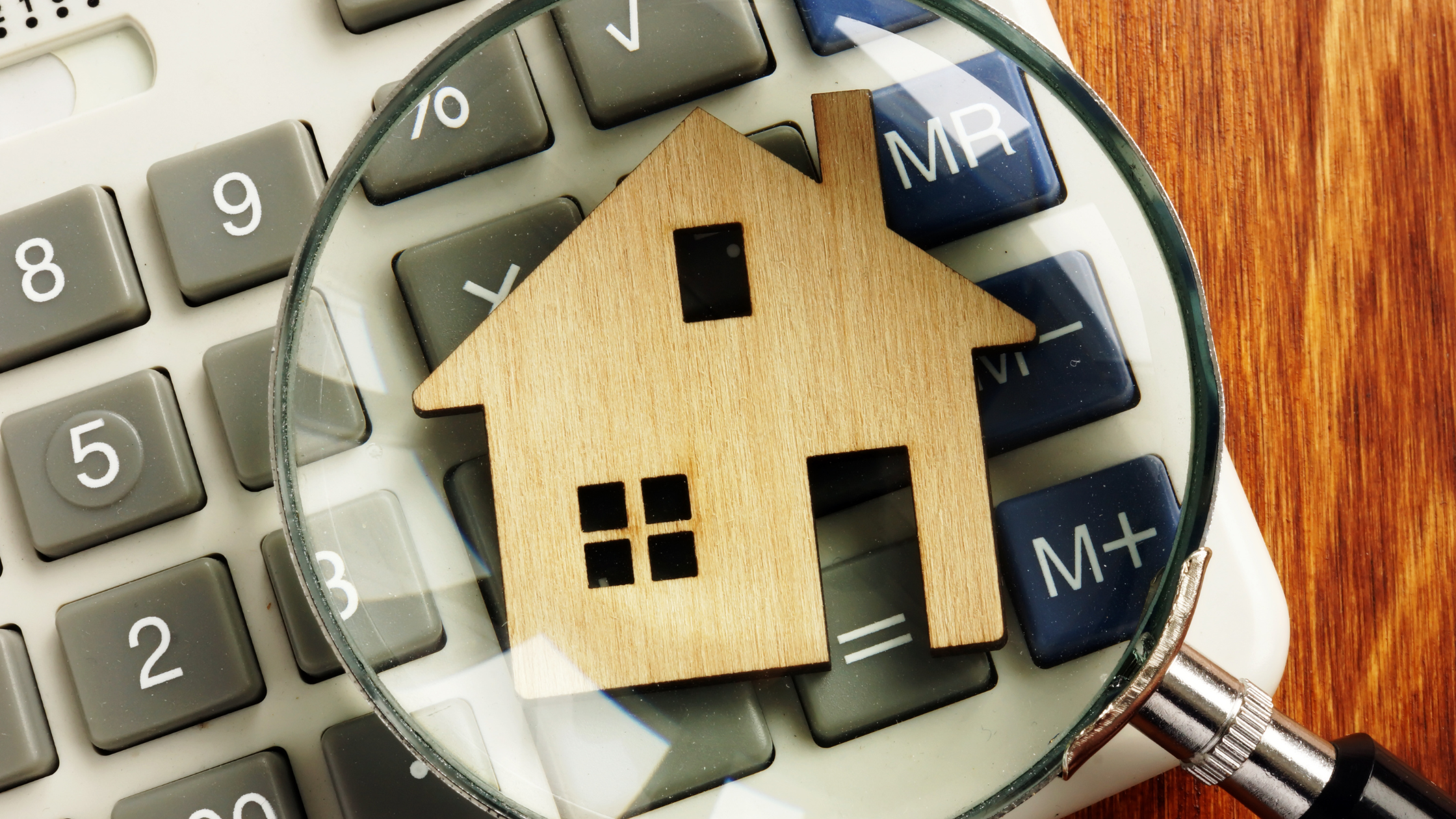Key Takeaways
-
Staying in a home for at least five years helps homeowners build equity and cover selling costs.
-
Capital gains tax exemptions apply if you’ve lived in the home for two of the last five years.
-
Closing costs and real estate commissions can significantly impact profits from a home sale.
-
Market conditions and interest rates influence when it’s financially beneficial to sell.
Buying a home is a significant financial investment, and when the time comes to sell, homeowners aim to maximize their profit or at least break even. This raises an important question: How long should you live in a home before listing it?
There isn’t a one-size-fits-all answer. Each homeowner’s situation is unique. However, before deciding to sell, it’s essential to evaluate closing and moving costs, assess local market conditions, and determine how much equity has built up in the home.
Common Reasons People Sell Their Homes
According to the U.S. Census Bureau, Americans move an average of 12 times in their lifetime. Many factors influence a homeowner’s decision to sell, including:
1. Financial Changes
Changes in income, interest rates, or overall market conditions often prompt people to move. Whether upgrading to a larger home or downsizing to reduce expenses, financial shifts play a major role in relocation decisions.
2. Changing Space Needs
A growing family may need more space, while empty nesters may prefer to downsize. Lifestyle changes often dictate whether a home still meets an owner’s needs.

3. A Seller’s Market
If property values rise significantly, selling at the right time can result in substantial profit. A strong seller’s market presents an opportunity to capitalize on home appreciation.
4. Community Shifts
Neighborhoods evolve over time. Some homeowners relocate due to increased commercialization, rising congestion, or changing demographics.
5. Proximity to Family and Friends
Many people move to be closer to (or farther from) family and friends. Personal relationships often influence relocation decisions.
How Long Should You Own a House Before Selling?
Although there’s no universal rule, staying in a home longer generally leads to better financial outcomes. The key factor is home equity.
Understanding Home Equity
Home equity is the difference between a property’s market value and the remaining mortgage balance. For example, purchasing a $600,000 home with a 20% down payment results in $120,000 in initial equity. Over time, paying down the mortgage and rising home values increase equity, leading to a higher profit upon selling.
From January 2020 to August 2023, U.S. home values rose by 19%, averaging a 5% annual appreciation rate. Staying in a home longer allows homeowners to benefit from market appreciation while reducing mortgage debt.

The Five-Year Rule
Many real estate experts recommend the five-year rule to minimize financial risks. By staying in a home for at least five years, sellers typically accumulate enough equity to cover selling costs and avoid losses.
However, some homeowners may find it financially beneficial to sell after just three years if the home appreciates quickly. Before making a decision, it’s important to consider broader economic factors. For example, in 2019, the average 30-year mortgage rate was 4.13%, while by 2024, rates approached 7%. Higher interest rates can impact affordability if purchasing another home after selling.
Key Financial Considerations Before Selling
1. Initial Purchase and Mortgage Costs
Before listing a home, sellers must calculate their remaining mortgage balance and compare it to the expected sale price. Factoring in transaction expenses ensures that selling is financially viable.
2. Closing Costs
Closing costs, typically deducted from the sale price, vary based on location, property value, and tax rates. Sellers also cover real estate commission fees, which usually range from 5% to 6% of the sale price. For example, selling a $500,000 home with a 6% commission means paying $30,000 in agent fees.

3. Capital Gains Taxes
Profits from home sales may be subject to capital gains taxes, but many homeowners qualify for exemptions. The IRS allows individuals to exclude up to $250,000 in capital gains ($500,000 for joint filers) if they:
- Have owned the home for at least two years.
- Used the home as their primary residence for two out of the last five years.
Waiting at least two years before selling can help avoid unnecessary taxes, especially in markets with rising property values.
Bottom Line
Deciding when to sell a home depends on multiple factors, including market conditions, financial stability, and long-term goals. While the five-year rule is a useful guideline, individual circumstances vary. Carefully evaluating home equity, closing costs, and tax implications will help homeowners make the most informed decision when considering a sale.
FAQs: Selling Your Home
No SSN required. Zero impact to credit. Your Information is never sold.



